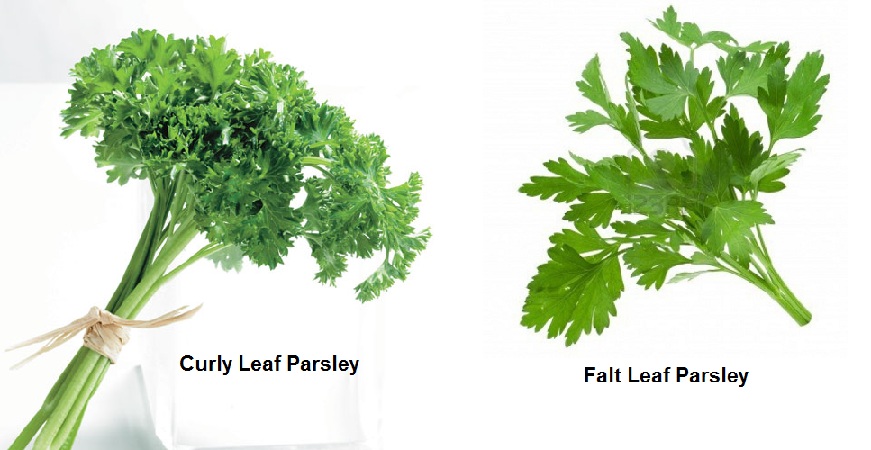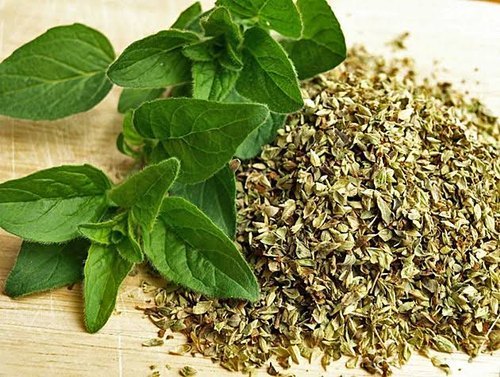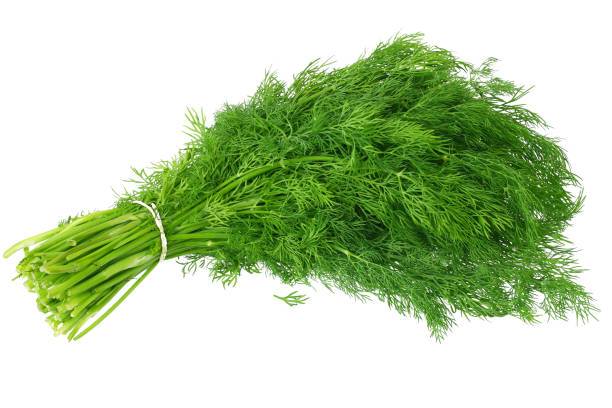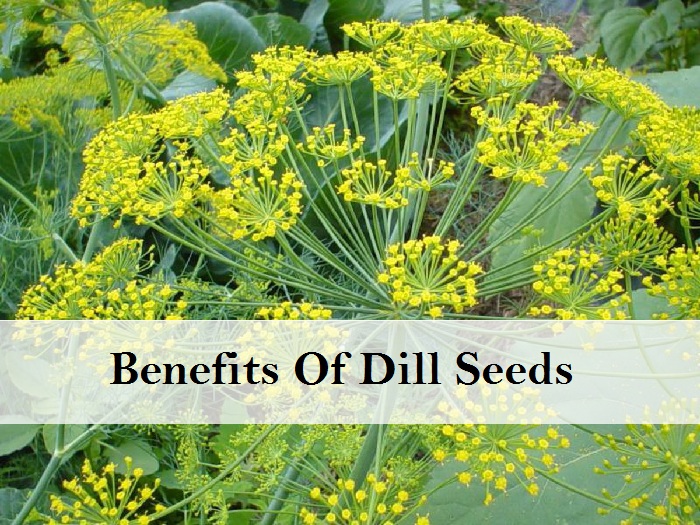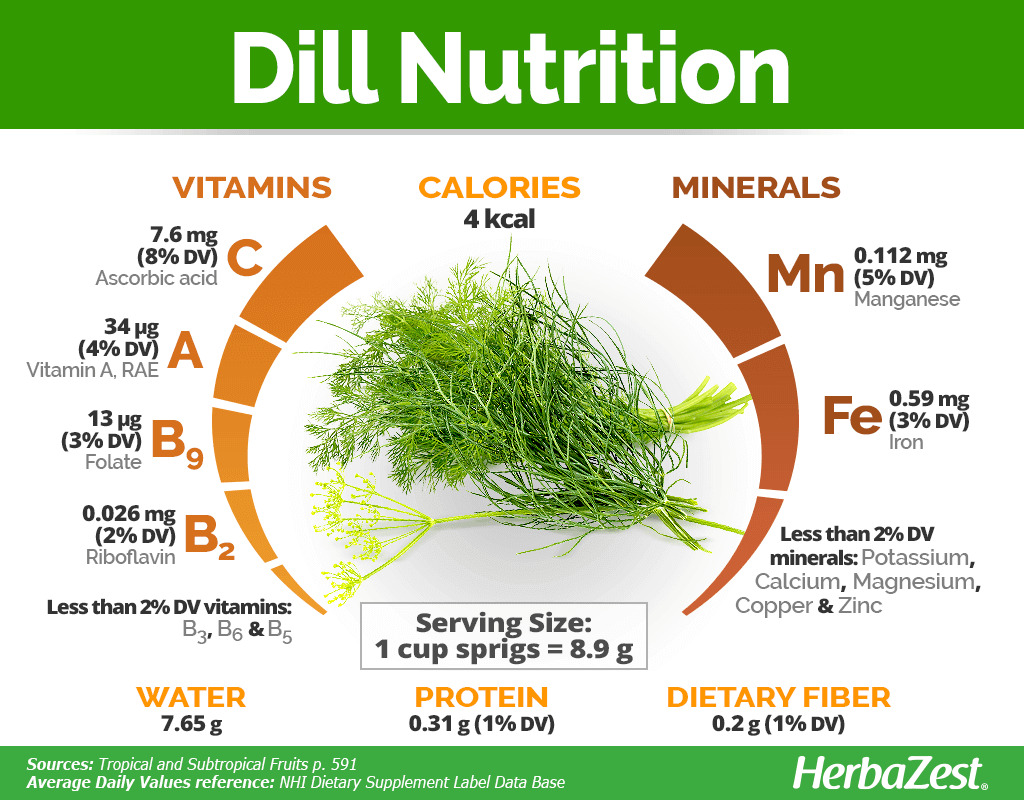Are parsley Supplements safe for everyone?
Parsley Supplement
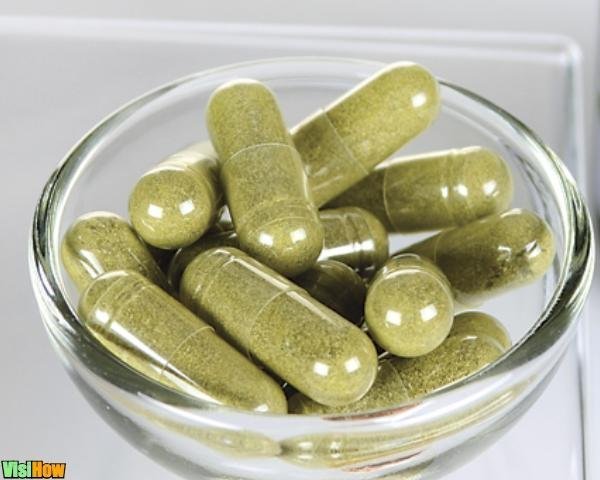
Parsley supplements are herbal medicines that are generally used to obtain several beneficial medical properties of parsley such as antioxidant, anticancer, antibacterial, etc. In addition to Parsley, there are several high potential healing composites that provide supportive or additional medical properties. These herbal supplements are available in different forms namely pill, soft capsules, oil, ointment, etc. It is advisable to consult a doctor before consuming such a supplement to avoid any kind of complication with the body’s health in future.
Parsley Interactions with Drugs
Interaction of a substance generally refers to a potential risk that could develop inside the human body when two or more drugs, products, or medical conditions, interact with one another in a negative manner that could result in certain unwanted health conditions.
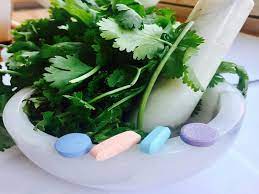
Natural herbs such as parsley are generally considered safe when taken in food amounts but might not be pleasing when consumed in a medicine amount such as supplements. If an individual is medicating with certain medical drugs to treat any condition, there might be a possibility of interaction between those drugs and parsley. This could cause complications in the condition that is to be treated or could result in new unwanted conditions.
Such interacting medical drugs include:
- Antidiabetic Drug– Antidiabetic medicines are used to lower the blood sugar level of the body. Oregano might also lower the sugar level. Combination of both these medical agents could increase the risk of blood sugar level getting abnormally low which could cause complications. Such antidiabetic drugs include glimepiride (Amaryl), insulin, pioglitazone (Actos), chlorpropamide (Diabinese), tolbutamide (Orinase), glyburide (DiaBeta, Glynase PresTab, Micronase), metformin (Glucophage), rosiglitazone (Avandia), glipizide (Glucotrol), and several others.
- Antiplatelet/Anticoagulant drugs– Intake of Oregno along with drugs that resist blood clotting could increase the risk of bruising and bleeding. Drugs that decreases blood clotting includes clopidogrel (Plavix), enoxaparin (Lovenox), warfarin (Coumadin), aspirin, dalteparin (Fragmin), heparin, ticlopidinee (Ticlid), and several others.
- Diuretic drugs– Parsley is expected to work like water pills that cause the body to lose some water. Consumption of parsley along with diuretic drugs might cause the body to lose water more than usual. Such diuretic drugs include chlorothiazide (Diuril), hydrochlorothiazide (HCTZ, HydroDiuril, Microzide), chlorthalidone (Thalitone), furosemide (Lasix), triamterene (Dyrenium), spironolactone (Aldactone), and others
- Medicine stimulated by liver– Some medicines require breakdown by liver to perform their predefined task. Consuming parsley might cause the liver to resist its operating frequency for such medicine. This could result in several unwanted side effects in the body. Such medicine include ondansetron (Zofran), amitriptyline (Elavil), haloperidol (Haldol), propranolol (Inderal), verapamil (Calan, Isoptin, others), theophylline (Theo-Dur, others), and others.
There could be several other medicines interacting with Parsley in an unusual manner. It is recommended to consult a doctor or health professional to get complete information regarding Parsley interactions with any drug.
Precautions and warnings before using Oregano
Although being a natural herb that is used for a number of medical and flavoring applications, there are certain medical conditions in a human body in which intake of Oregano must be limited or avoided in order to prevent complications. Interference of dill with medical conditions could result in worsening of such medical conditions that includes:
- Breastfeeding– There is not enough scientific evidence regarding the safety of a breastfeeding woman or nursing child when Parsley is consumed. Therefore, it is advisable to consult a doctor before consuming parsley during breastfeeding or discuss it with a doctor.
- Pregnancy– Consuming Parsley during pregnancy is likely to be considered as unsafe. Parsley consumption in larger amount is expected to cause menstrual bleeding and abortion. Also, there could be birth defects when parsley is consumed during the first 3 month of pregnancy. Therefore, a pregnant woman must strictly avoid consuming Parsley in such a condition.
- Diabetes– Parsley is expected to reduce blood sugar level of the body. If an individual is diagnosed with diabetes, it is advisable to keep daily monitoring on their sugar level while consuming Parsley.
- Surgery– Parsley might lower blood sugar level. It is advisable to avoid consuming parsley at least 2 weeks before undergoing any surgery to avoid complications during or post surgery.
- Bleeding disorder– Parsley has potency to decrease the formation of blood clotting. Its consumption during bleeding conditions could result in excess or abnormal bleeding than usual resulting in complications.
Side effects of using Parsley

Interaction of parsley with several medical drugs and medical conditions might cause certain unusual or allergic side effects and condition in a human body that includes:
- high blood pressure
- high blood sugar level
- bleeding/bruising
- birth defects
- abortion during pregnancy
- anemia
- kidney problems
- liver problem
- nasal and eye itching
- wheezing
- laryngeal oedema
An individual must make sure to consume oregano with proper precaution and avoid interaction in order to prevent side effects. However if side effects are observed, it is advisable to contact a doctor or get immediate medical attention if necessary.
REFERENCE
- https://www.webmd.com/vitamins/ai/ingredientmono-792/parsley
- https://www.medicalnewstoday.com/articles/284490
- https://www.healthline.com/nutrition/parsley-benefits#TOC_TITLE_HDR_3
- https://www.britannica.com/plant/parsley
- https://www.contrarx.com/blog/view/10
For more details, kindly visit below.


